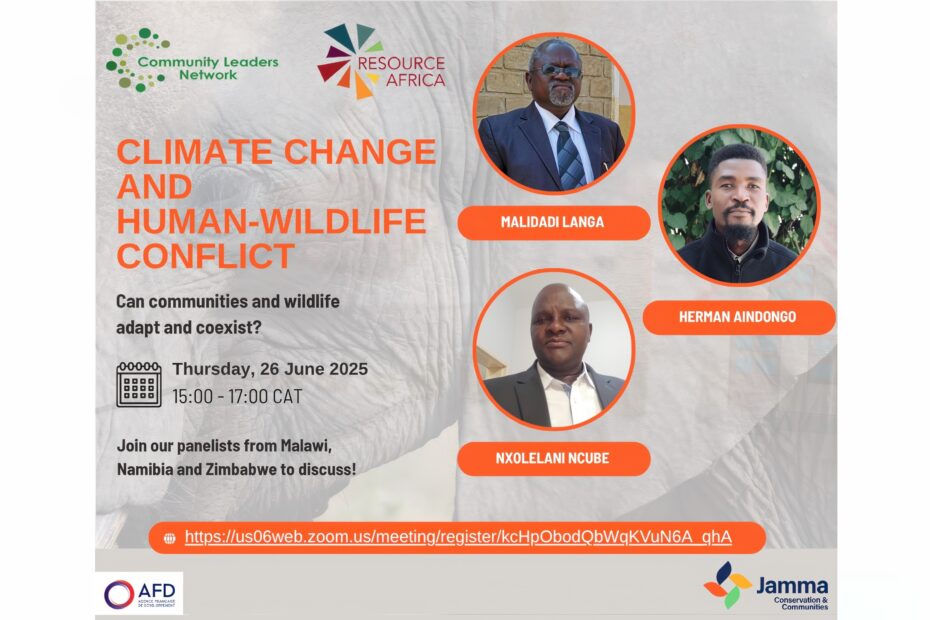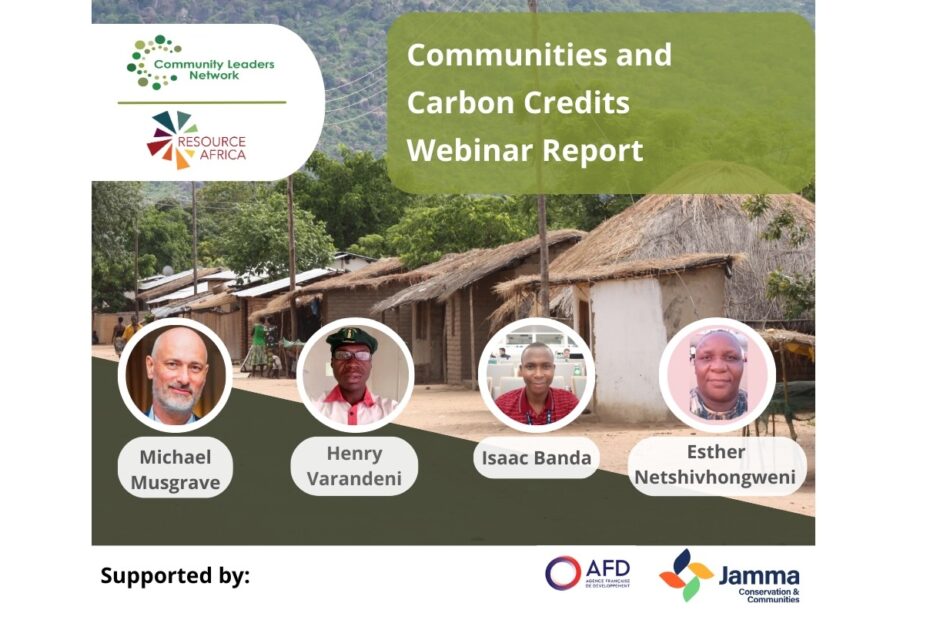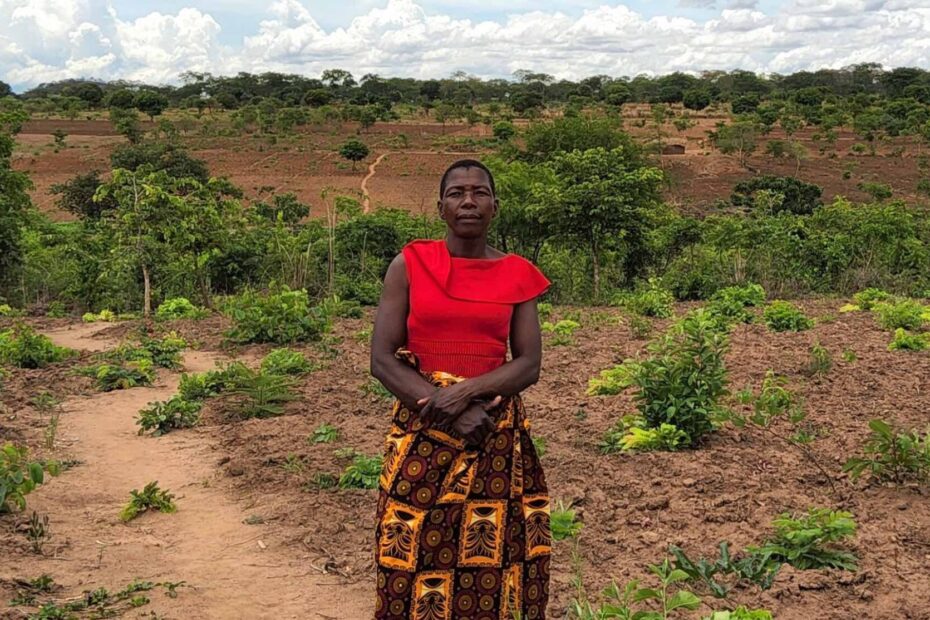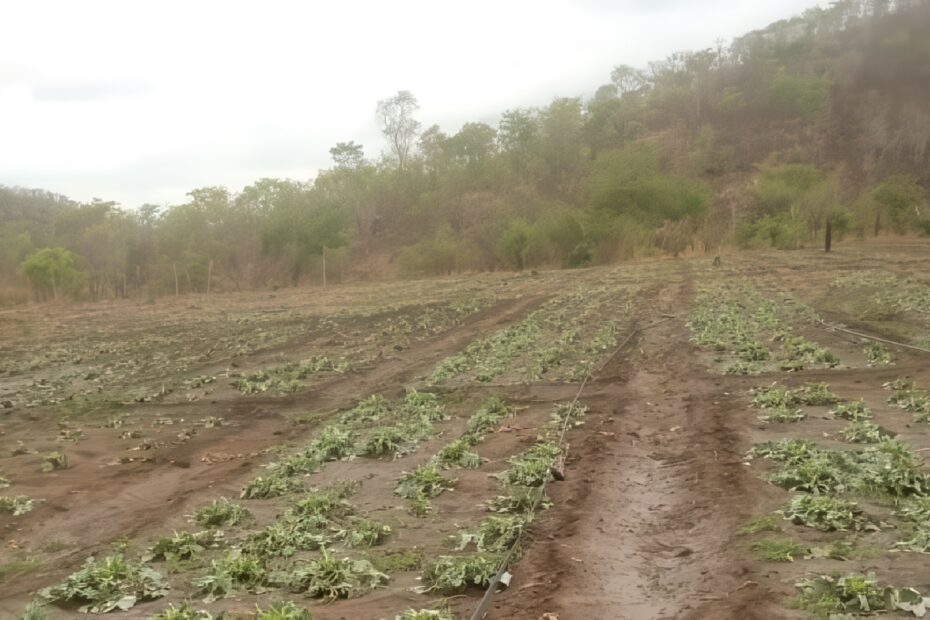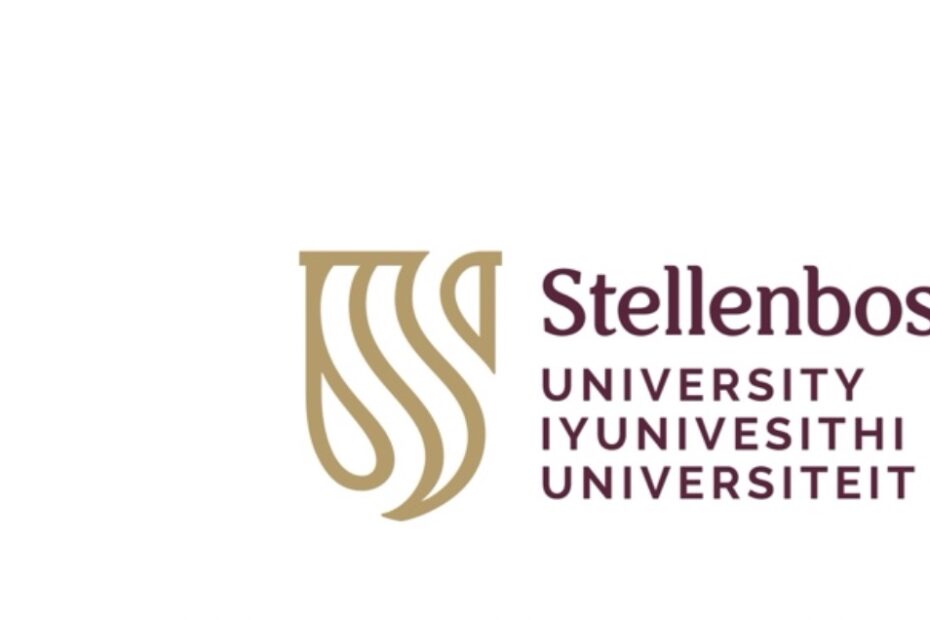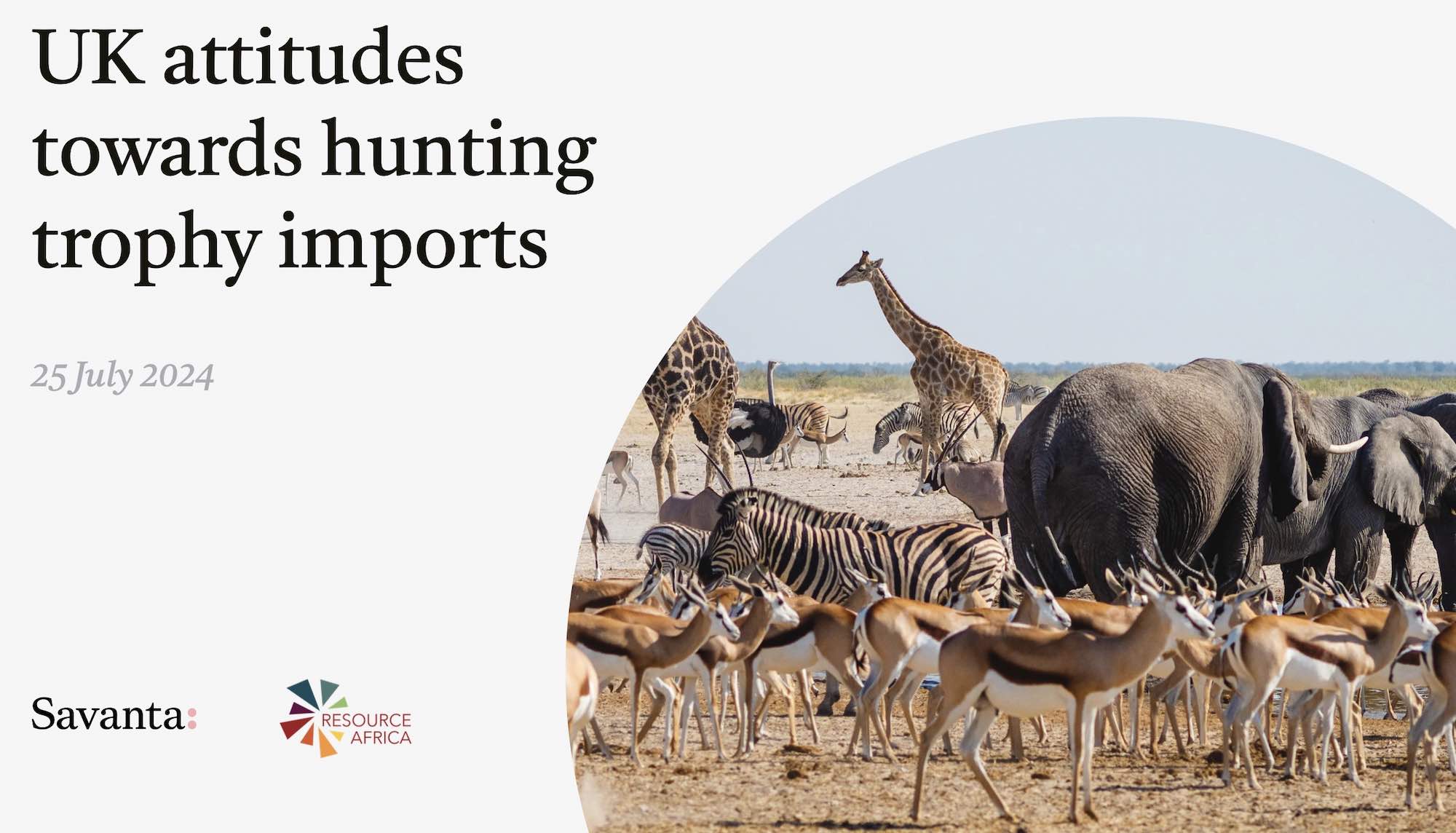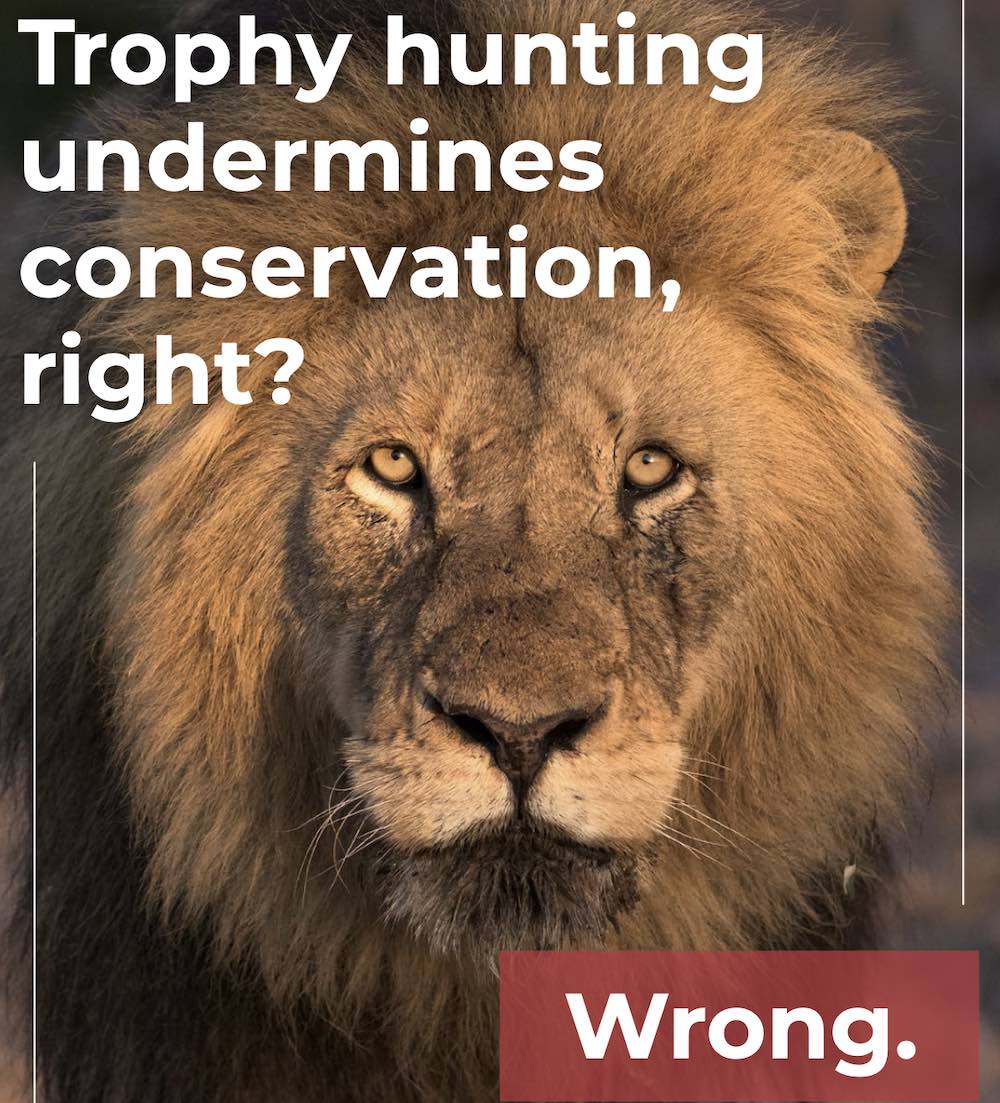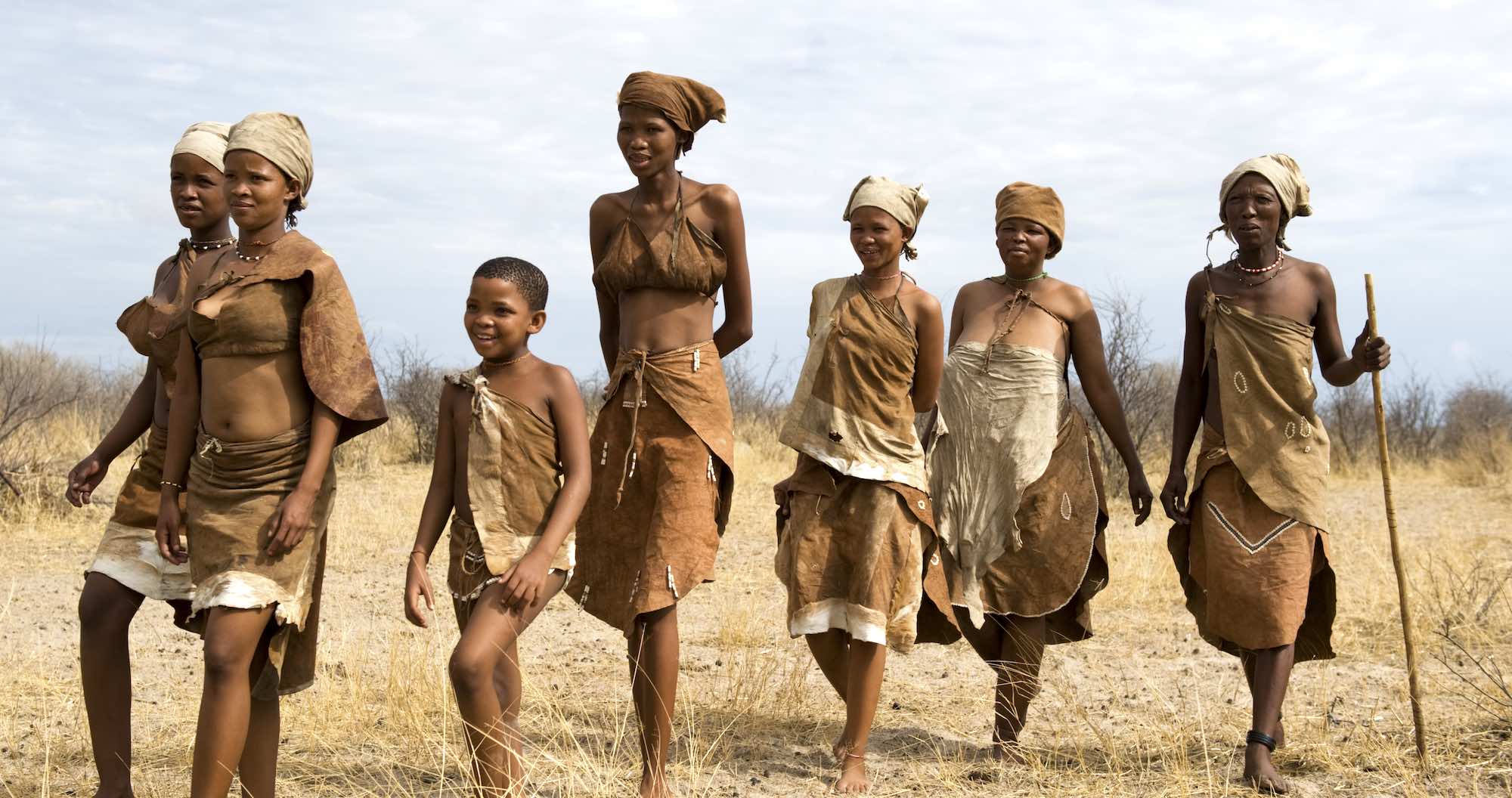Can rural African communities address human-wildlife conflict in the face of climate change?
Can rural African communities address human-wildlife conflict in the face of climate change? Human-wildlife conflict is a perennial problem in southern Africa, where Indigenous people… Read More »Can rural African communities address human-wildlife conflict in the face of climate change?
